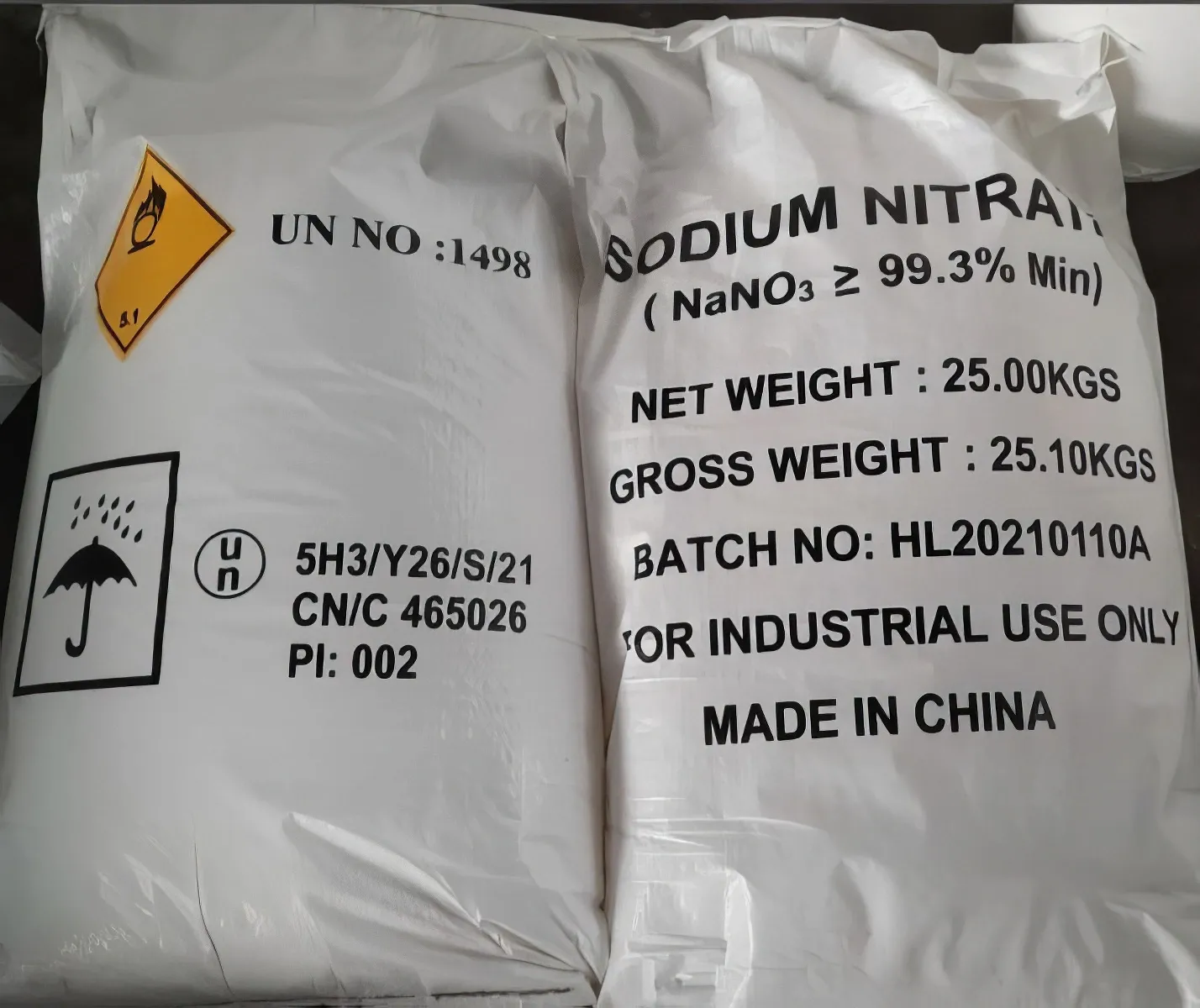



mkp mono potassium phosphate
Understanding MKP (Mono Potassium Phosphate) and Its Applications
Mono Potassium Phosphate (MKP), with the chemical formula KH2PO4, is an inorganic compound widely used in various agricultural and industrial applications. It is a water-soluble salt that plays a pivotal role in nutrient management, food production, and several biochemical processes. Understanding MKP involves exploring its characteristics, uses, and importance in different fields.
Chemical Properties and Composition
Mono Potassium Phosphate consists of potassium (K), phosphorus (P), and oxygen (O). It is a white crystalline powder with a molecular weight of approximately 136.09 g/mol. MKP is highly soluble in water, making it an effective source of phosphorus and potassium for plants. When dissolved, it dissociates into potassium cations (K⁺) and dihydrogen phosphate anions (H2PO4⁻), providing essential nutrients readily available for plant uptake.
Agricultural Uses
One of the primary applications of MKP is in agriculture, where it is used as a fertilizer. It provides two critical macronutrients potassium and phosphorus, both of which are vital for plant growth and development.
1. Nutrient Source Potassium helps regulate various physiological processes, including water uptake and enzyme activation, while phosphorus is crucial for energy transfer and photosynthesis. MKP is especially beneficial in hydroponic systems and nutrient solutions, where precise control over nutrient levels is essential for optimal plant growth.
2. Soil Health MKP can improve soil health by enhancing nutrient availability, promoting better root development, and increasing crop yields. It is particularly effective in dealing with phosphorus-deficient soils, providing a readily absorbable form of phosphate.
3. Compatibility Unlike some other fertilizers, MKP can be easily mixed with various nutrients without causing chemical reactions that could lead to nutrient lock-up. This compatibility makes it an excellent choice for fertigation and foliar applications.
Industrial Applications
mkp mono potassium phosphate

In addition to its role in agriculture, MKP is widely used in various industrial applications
1. Food Industry MKP serves as a food additive and is employed in various food processing applications. It can act as a buffering agent, stabilizer, and emulsifier, contributing to the texture, taste, and shelf life of food products.
2. Pharmaceuticals In the pharmaceutical sector, MKP is used in the production of injectable drugs and as a buffering agent in various formulations. Its compatibility with other compounds and its ability to maintain pH levels make it particularly valuable.
3. Water Treatment Due to its phosphorus content, MKP is also utilized in water treatment processes. It helps in coagulation and sedimentation, aiding in the removal of contaminants from water.
Environmental Considerations
While MKP is generally considered safe for agricultural and industrial use, it is essential to apply it judiciously to minimize potential environmental impacts. Overapplication can lead to nutrient runoff, contributing to problems such as eutrophication in water bodies. Farmers and agriculturalists are encouraged to follow best management practices to ensure that MKP is used effectively and sustainably.
Conclusion
Mono Potassium Phosphate is an essential compound with significant implications for agriculture and industry. Its role as a soluble nutrient source has made it a favorite among farmers for enhancing crop production and maintaining soil health. Furthermore, its versatility extends beyond agriculture, finding applications in food processing, pharmaceuticals, and water treatment.
As global food production continues to challenge, MKP’s ability to provide essential nutrients efficiently positions it as a critical player in sustainable agricultural practices. Understanding its properties and applications can help stakeholders optimize its use, benefiting not only crops and industries but also the environment. With careful management and application, MKP will continue to support agricultural productivity while addressing environmental concerns, paving the way for a more sustainable future in food production and industry.
-
Why Sodium Persulfate Is Everywhere NowNewsJul.07,2025
-
Why Polyacrylamide Is in High DemandNewsJul.07,2025
-
Understanding Paint Chemicals and Their ApplicationsNewsJul.07,2025
-
Smart Use Of Mining ChemicalsNewsJul.07,2025
-
Practical Uses of Potassium MonopersulfateNewsJul.07,2025
-
Agrochemicals In Real FarmingNewsJul.07,2025
-
Sodium Chlorite Hot UsesNewsJul.01,2025










